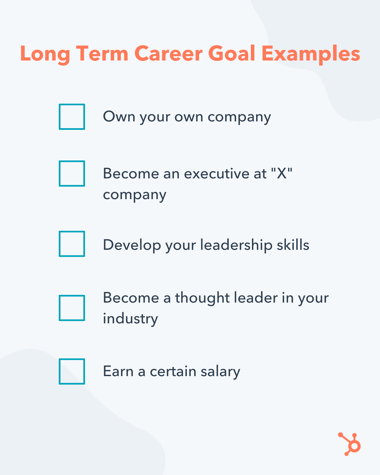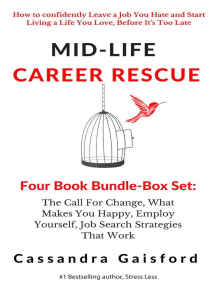
A careers service is an impartial, all-age careers information, guidance and career preparation service. It helps students to prepare for a career, and it gives them realistic post-graduation salary expectations. The career service can help students prepare for a career, improve their resumes, and explore career options. This service is a great tool to increase your job search skills and your chances of landing a good job after graduation.
Career services provide impartial advice, guidance, and information for all ages about careers.
Career services offer advice and guidance on careers to both young people and adults. A qualified career adviser can help guide you in making a decision based upon your personal values and goals. You can request a free chat online or schedule a facetoface meeting with a career adviser.
The new government is committed to creating a national service for careers that is open to all ages. Both the Liberal Democrats, and the Conservative parties supported the idea. They also noted that it was important for young people to have impartial careers advice, guidance and support. The Conservative party committed to the creation of the new service during the election.

There are many concerns about the quality and reliability of career guidance in England. Many services aren't independent enough to provide impartial guidance and advice. The current system of careers provision is full of flaws. As a result, the Department for Education is planning to introduce a statutory, national careers education service by Autumn 2017. Recent research has shown that there has been a decline in the quality and quantity schools provide careers advice. According to a survey of 1,500 careers advisors, fewer than two-thirds of schools are providing impartial careers advice. Connexions' closure resulted in one school providing only 65 days of career advice, while Connexions went away.
They assist students in preparing for a career.
The college's careers service can help students make a decision about their future career. These offices have professionals who are experts in a wide range of fields. Some of these professionals have been in the field for years and can offer invaluable advice to students. It is a smart idea to begin career planning as early as possible in your academic career.
Career Services assists students in finding opportunities, engaging them in student employment and creating an environment that allows them to pursue their interests. Career Services has strong connections with more than six thousand employers and a database that includes over 30,000 opportunities. They offer career guidance and host events to help students find the right job.
Students can also use career services for job opportunities and internships. According to the National Association of Colleges and Employers almost half of students who participated in internships received job offers. Students can also get help with their resumes. Career Services staff can help organize experiences, write a great summary, select the right font, etc.

These guidelines provide realistic expectations regarding post-graduation salary.
Although salaries after graduation are often lower than six-figure salaries, undergraduates still underestimate their earnings by roughly $15,000 each year. For bachelor's degree holders who have zero to five years experience, the median salary is $47,000. These figures indicate that younger adults don't spend as much as they did in college. These unrealized expectations may contribute to the recent trend of reduced spending among young adults.
Understanding the market for people in your field and their salaries is the first step towards setting realistic salary expectations. Many students learn this information only after they have completed four years of college. Research has shown that women will earn approximately $4,300 less after graduation than men. This pay gap is especially evident in fields where males dominate the workforce.